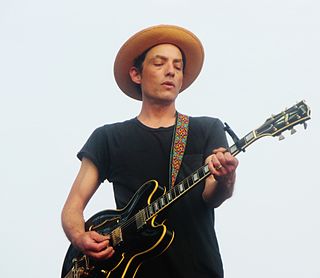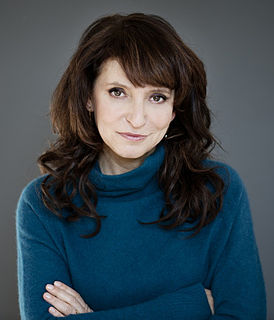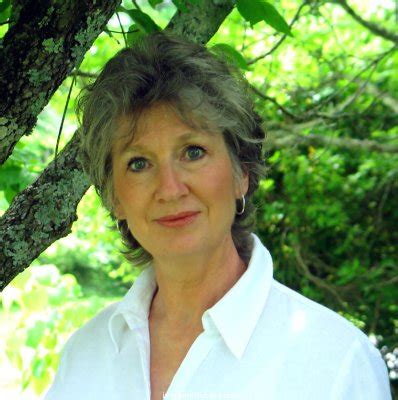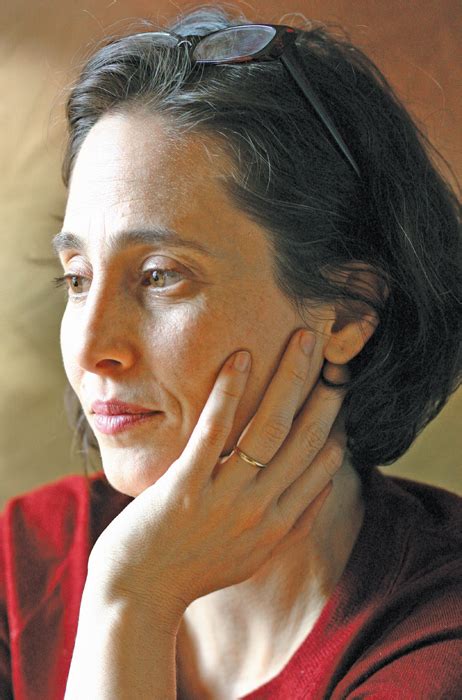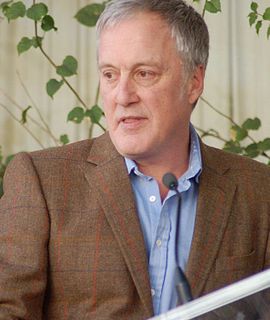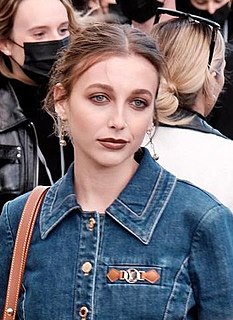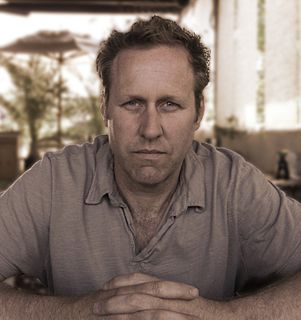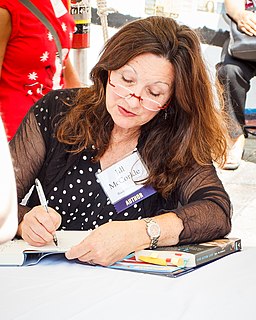A Quote by Reed Morano
In TV, you are much more likely to see the episode closer to the script as written - in terms of the order of the scenes - than you would in a movie, and here's why: you don't have as many days to edit. You have 10 to 12 weeks or more to edit a feature, and you have four days to edit TV. That's a huge difference.
Related Quotes
I think a lot of the logic of Google+ is much better in terms of notification of messages to you, in terms of how you post. One very obvious feature is that with Google+, after you post something, you can edit it forever. That is true of both posts and comments. I edit almost every post I make and almost every comment I make.
Take the time you need to learn the craft. Then sit down and write. When you hand over your completed manuscript to a trusted reader, keep an open mind. Edit, edit, and edit again. After you have written a great query letter, go to AgentQuery.com. This site is an invaluable resource that lists agents in your genre. Submit, accept rejection as part of the process, and submit again. And, of course, never give up.
It's easy to leave people wanting more after the first episode, but it's hard to leave people wanting more after the 24th episode. And it's my job, more than anybody else's, to keep that in mind. One season, in TV terms, is nothing. You need to hit it for three or four seasons, and then you're doing well, in TV terms. Then, you've done your job.


